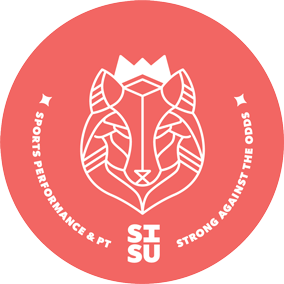STRENGTH TRAINING FOR WOMEN WHO RUN
SHOULD YOU DO IT? AND WHAT TO DO IF YOU DO?
Strength training for runners is like a black hole of information that comes with all sorts of nonsense.
Women, in particular, face added difficulties around strength training, including lack of exposure to the gym, lack of time, lack of access, body image difficulties, and social nervousness (or even outcasting, wandering eyes and harassment). Combine all of these hurdles and you’ve got a perfect recipe for any woman to want to stay at home and postpone her gym training to later.
Women who run, don’t (typically) love going to the gym and for good reason (some of which I’ve outlined above).
But what if you’re returning from an injury and want to feel stronger? What if you just feel like it might help your running? What if you’re simply wanting to test the waters? Is it worth it? And if so, what would you even do when you got there?
WILL STRENGTH TRAINING REDUCE MY INJURY RISK AS A RUNNER?
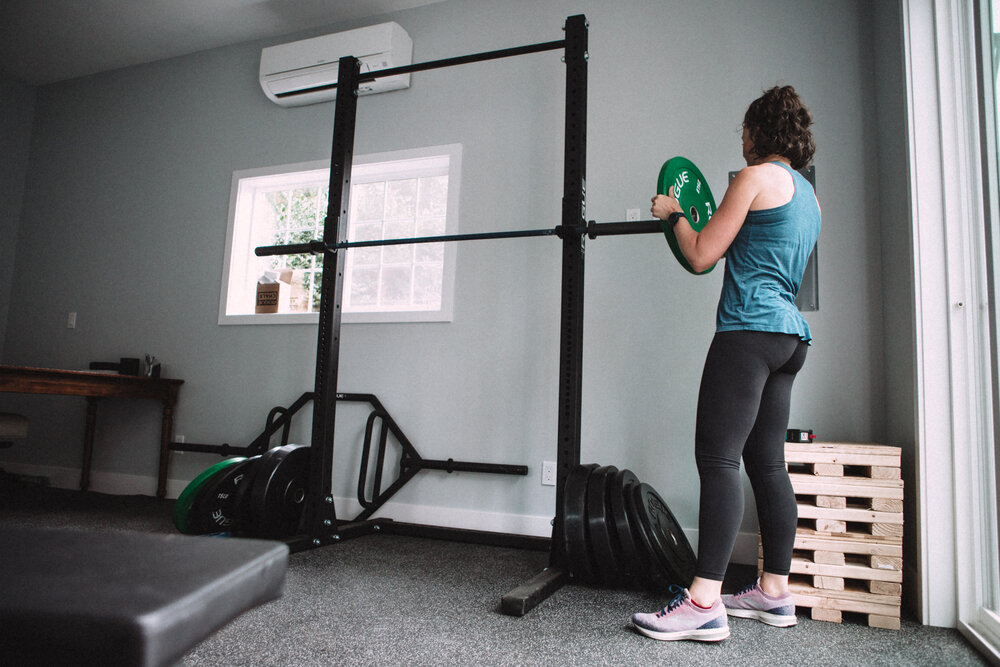
Much to my chagrin, the jury is still out on strength training doing anything to reduce injury risk for endurance athletes (link). In terms of reducing injury risk, strength training still has yet to prove its salt.
This is great news for us as endurance athletes, as it means we can spend more time on our feet and less time at the gym. Albeit, the gym has far more benefit than just reducing injury risk for runners and THAT might be worth the trouble for women.
To learn more about the benefits of strength training for women, you might consider reading some of my previous blogs here , here and here. Then head on over to Runner’s World and read this little ditty written by yours truly as well.
HOW DO I KNOW IF I SHOULD ADD IN STRENGTH TRAINING AS A RUNNER?
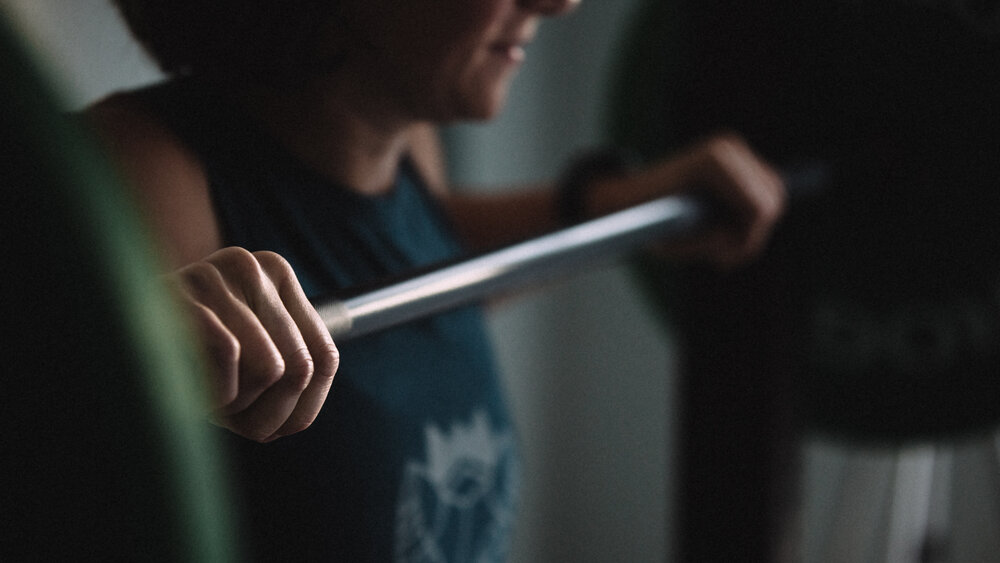
There are a few scenarios that I believe afford an incredible opportunity for female runners to integrate strength training into their routines:
-
If you’ve ever had a stress fracture
-
If you’re young, middle-aged, or advanced-age
-
If you are coming back from injury
-
If you’re wanting a more robust ecosystem
-
If you’re interested in adding it in
**I will have to expand on each of these another day. I know, I’m sorry, there’s just too much to get to for one blog!**
IS THERE ANYTHING I SHOULD KNOW BEFORE I ADD IN STRENGTH TRAINING?
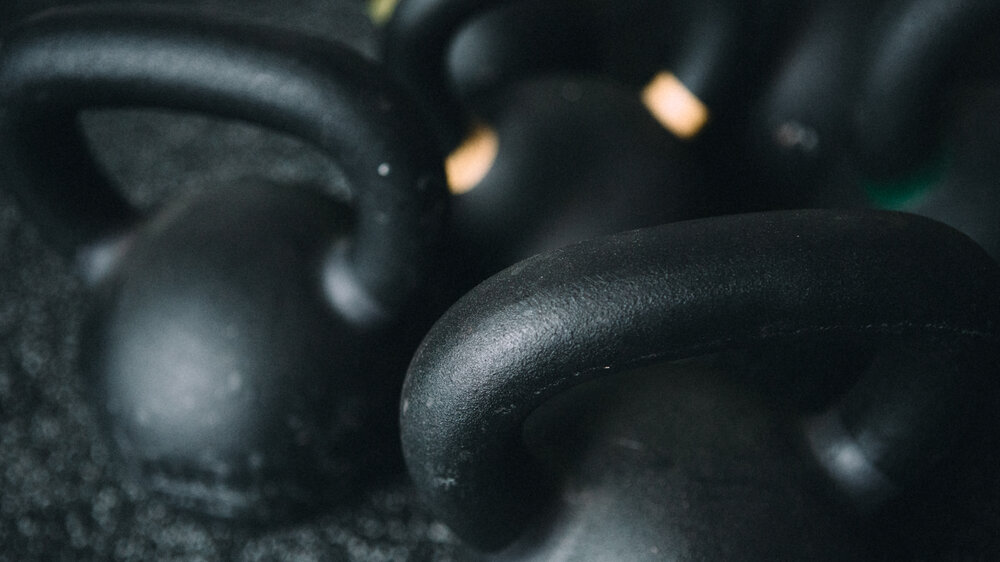
1. Minimize muscle soreness in peak training
Don’t get me wrong here, some muscle soreness is to be expected. But I think it is, yet again, another hurdle or barrier to female runners doing it at all. Which is understandable when your primary focus is running and when soreness makes running much more difficult.
One of the best ways to keep yourself from being sore is to keep the intensity of your strength training workouts relatively low.
This might seem counter-intuitive to many women. ‘We’ (women) are often under the impression that more is better and that we aren’t doing anything unless we’ve completely destroyed ourselves in any given workout.
From my very narrowed and biased perspective, there aren’t very many good reasons for a runner to do an hour of high intensity resistance training exercises (or even high intensity body weight exercises). If you want your running to improve, you want that intensity to be within your run workouts. Of course, this is context and person dependent, but if you want to be a better runner, running harder affords you that much needed intensity.
It’s a ‘risk-reward’ scenario and in my not-so-humble experience on this particular matter, the risks aren’t necessary, or even worth it most of the time, for a runner to do high intensity resistance training, ESPECIALLY during peak training.
When performing strength exercises to support your running routines, you want it to be as simple as possible and to slow things down so that you aren’t bedridden the next day and you can get back after it on your feet.
2. Don’t be shy on your weights!
It is still a common misconception that body weight training is enough to stimulate the desired effects of strengthening on running. Unfortunately, it leaves a lot to be desired in terms of: producing any real tissue benefits, improving lean mass (which has potential to reduce injury risk for many girls and women), increasing tissue resiliency and the ability to handle high loads. Body weight training, simply put, isn’t going to cut it.
Many women don’t know where to start (and that’s okay!) when it comes to selecting appropriate weights.
And while I don’t think everyone necessarily needs a coach to do these things, working with someone to learn these things can increase your confidence and independence in making weight selections moving forward.
Learning how to lift heavy weights is invaluable for all women in any sport and at any stage in their life.
If you feel nervous or uncertain in your skill level with this sort of matter, send me an email and let’s connect. I help women who run navigate the strength training realm.
3. Embrace uncertainty and commit to progress > perfection
Many women really want things to be perfect before they even attempt an exercise under weight. This focus on perfectionism, I believe, is another major barrier to women doing it at all and keeps them from starting in the first place.
The hard truth about movement, is that it doesn’t need to be perfect before you start, despite what many dogmatic coaches and coaching methods might tell you.
I understand the sentiment on striving to have good lifting technique (progress) and am privileged to come from a background of education and athleticism that has fostered a somewhat fearless approach to my own strength routines but (if I can use an analogy): no one plays a hard game of soccer perfectly, its failing to step out onto the pitch to try, for fear of doing it imperfectly, that keeps an athlete from peak performance.
The courage to start, knowing that imperfection is a part of the movement process, is all it takes to unlock your potential.
And make no mistake, as a coach, helping women feel confident doing these things is where I excel. Nudging them towards improving their movement skills as runners or athletes, is what it is all about and aiming for continued progress > perfection is what helps to keeps us engaged in activity.
WHAT EXERCISES SHOULD I DO?
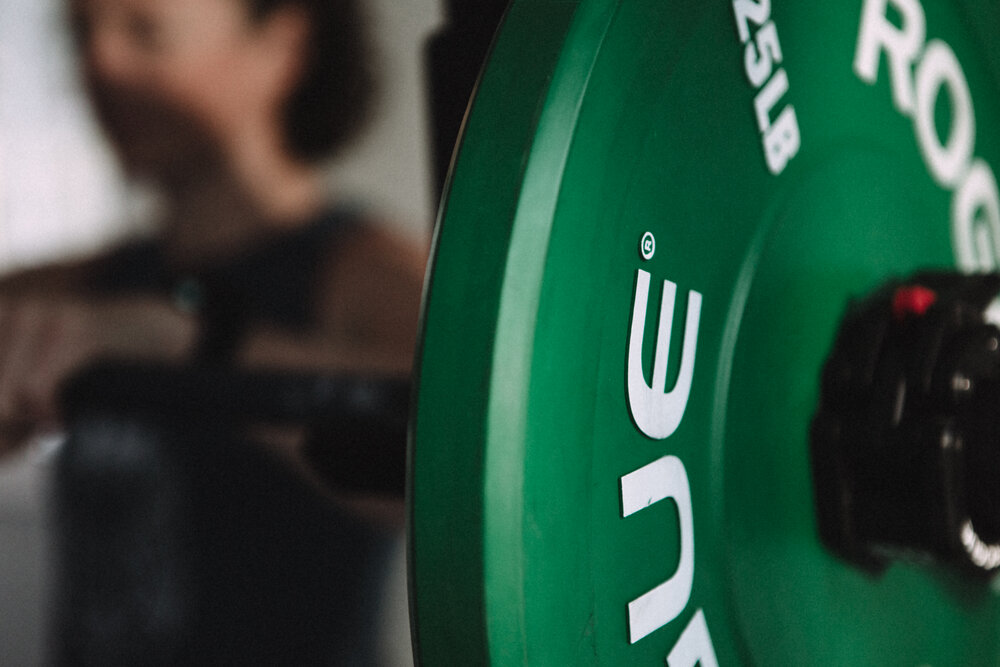
Knowing what exercises to do can be tricky when you have little to no familiarity with strength equipment. Below, I have formulated a short list of exercises that are great to incorporate into your training as a female runner. Whether you are an experienced or novice athlete, these can be incredible additions to your routines when applied well and done with heavy resistance.
day 1 sample – beginner
day 1 sample – beginner
Can Sisu help me with becoming a STRONGER RUNNER?
I thought you’d never ask. 😉
If you’re a local Seattle runner, send me an email and let’s connect. We will discuss your situation, determine if I can help you, plan the road to move you towards your goal and get you rockin’ and rollin’ again.
If you’re NOT a local Seattle runner, we can work together remotely through Sisu Coaching! Apply to be a Sisu Squad athlete and we will connect to determine the best direction for you moving forward.
If you simply want to begin a return to run process with these principles in mind, sign up for the Sisu Return to Run Ebook and get going from there.
I am in your corner all the way, cheering from the sidelines or in the ring with you. Reach out to me anytime if you need help, have questions or just want to connect.
In the end, while strength training certainly isn’t a requirement to be a great runner, it’s a damn fine addition to any woman’s program.
Cheers,
Ellie

